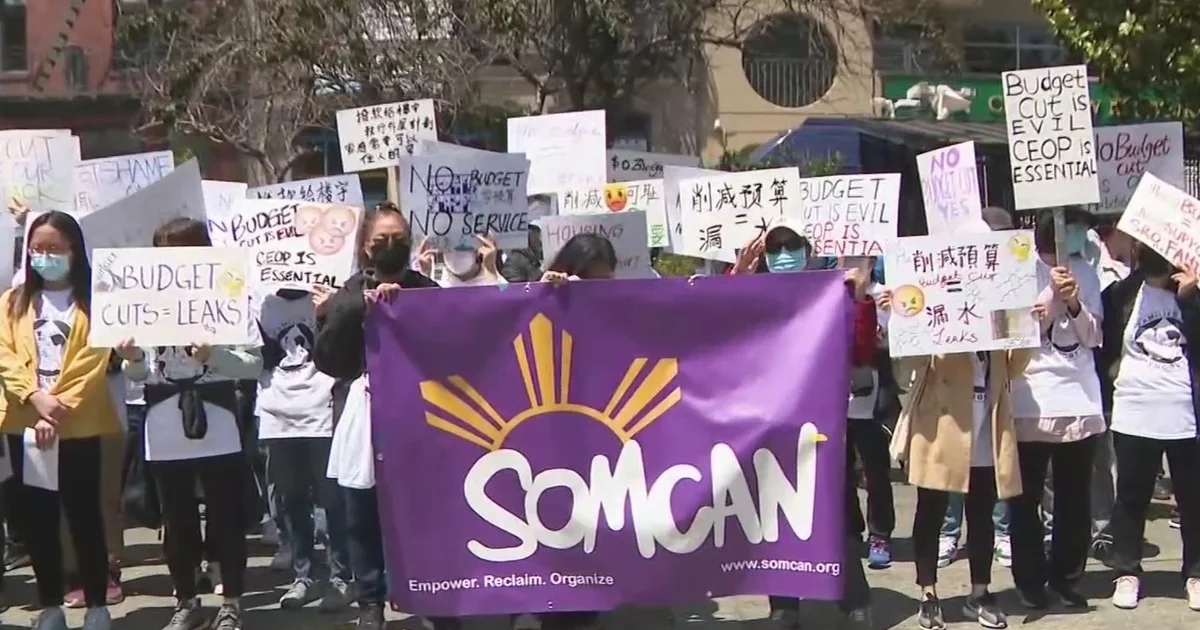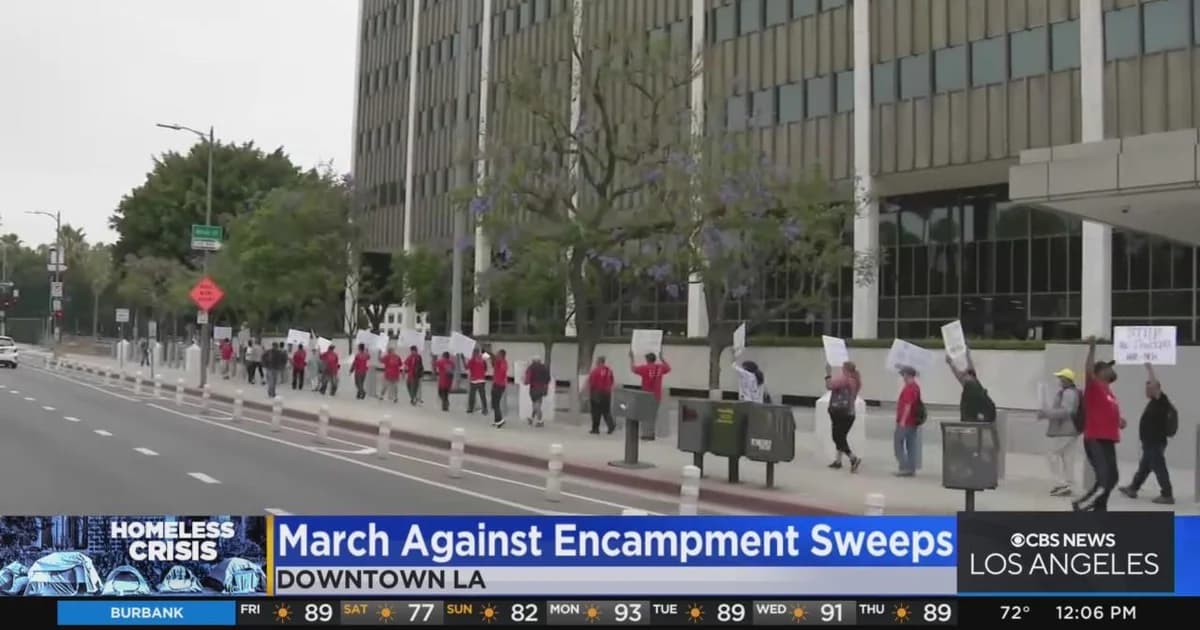Homelessness Crisis Deepens in America
As of January 2023, over 653,000 people experienced homelessness in the United States, the highest number recorded in a single night. This staggering figure represents roughly 20 in every 10,000 individuals, echoing a national crisis that has persisted for years. Yet, amidst this humanitarian disaster, the affluent continue to prioritize personal comfort over systemic solutions.
Obstacles Erected by the Privileged
Many members of the elite class express a desire to end homelessness, but only if it doesn’t disrupt their own lives. The phrase "I will do anything to end homelessness except build more homes" captures a troubling sentiment prevalent among the wealthy. They remain unwilling to change zoning laws or support affordable housing initiatives that could genuinely address the root issues, instead opting for superficial gestures like handing out sandwiches or making grand statements to the media.
Disconnection from Reality
This detachment grows stark when considering the realities faced by the homeless population. The wealthy often dismiss the importance of permanent housing, citing concerns over property values and personal inconvenience. As reported by research, effective interventions that combine housing with case management have proven successful in reducing homelessness and increasing residential stability. Yet the privileged elite fail to recognize that without comprehensive investment in housing solutions, their actions will remain ineffective.

More than 500 new housing units are coming to Staten Island"s North Shore
Rising Inequality Fuels the Crisis
The concentration of wealth in America has reached alarming levels, exacerbating the homelessness crisis. According to recent studies, those who possess the means to influence local policies often do so to protect their interests, allowing the gap between the rich and the poor to widen unchecked. The economic system disproportionately benefits the wealthy while leaving marginalized communities without support. This structural inequality perpetuates cycles of poverty and homelessness, rendering the plight of the less fortunate invisible.
Accountability and Police Involvement
It is alarming how often those in power resort to calling the police to manage homelessness instead of investing in solutions. The police are frequently called to remove individuals from public spaces, reinforcing a punitive approach rather than a compassionate one. This response is indicative of a broader societal failure to address homelessness through supportive measures. As highlighted by public health research, addressing homelessness requires a paradigm shift from criminalization to support, focusing on housing-first initiatives that prioritize the dignity and needs of the individuals affected.
The Role of Public Policy
Public policy plays an essential role in shaping the landscape of homelessness. The American Rescue Plan, enacted in 2021, allocated $10 billion to combat homelessness and promote affordable housing initiatives. Yet, as reported by the U.S. Interagency Council on Homelessness, the implementation of these funds has been inconsistent, with many communities failing to utilize the resources effectively. Policymakers must prioritize long-term solutions that address the underlying causes of homelessness, including wage stagnation, lack of affordable housing, and systemic barriers that prevent marginalized groups from accessing necessary resources.
Empathy in Action
Real change requires a commitment to empathy and understanding. Those in power must recognize that the homeless are not mere statistics or nuisances but individuals deserving of dignity and respect. By shifting the narrative from one of fear and contempt to one of compassion and support, we can begin to dismantle the structures that perpetuate homelessness. This is not merely an act of charity but a moral imperative for a just society. The time has come for the wealthiest among us to step up, not with empty gestures, but with genuine investment in solutions that will lead to sustainable change.

San Francisco Chinatown SRO residents rally against proposed budget cuts



![[Video] Gunfire between Iraqi security forces and Sadr militias in Baghdad](/_next/image?url=%2Fapi%2Fimage%2Fthumbnails%2Fthumbnail-1768343508874-4redb-thumbnail.jpg&w=3840&q=75)
